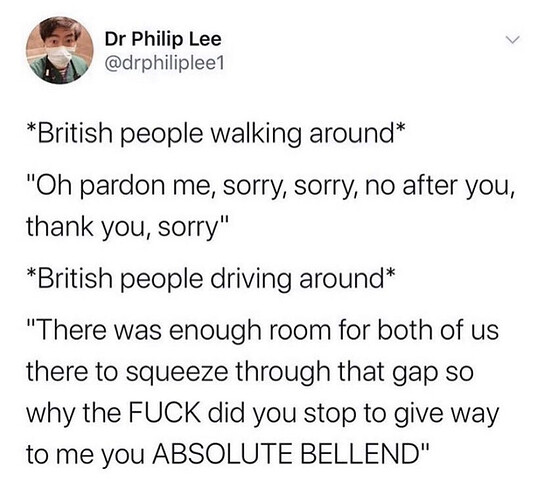Reading through the recent entries of the journal of Bub it occurred to me that the word “harmless” can be misconstrued by both the uninitiated and the initiated; reading some old quotes of Peter I gained the impression that even he didn’t have a good handle on it.
But it’s simple. This is another one of those “per actualism terminology” instances.
RESPONDENT: Are you saying that its possible to be stern and forceful without being angry?
RICHARD: Indeed so … to actually be harmless (be free of malice) means one does not have to pretend to be harmless (be a pacifist).
Important to note that to be harmless doesn’t mean one refrains from either incidentally or deliberately harming other people, it just means one doesn’t do it out of spite or malice. Hurting other humans is still fair game.
÷
Richard would say that he cannot psychologically harm anyone. By this he means that he cannot manifest malicious vibes; and it is these, along with “psychic currents,” which he says has the ability to induce (psychological) suffering in others.
[Richard]: [T]o be harmless as per actualism lingo (being free of malice) is beneficial both to oneself – plus it feels unpleasant (hedonically) to feel malicious (affectively) anyway – as well to others due to being unable to induce suffering either in oneself or another, via affective vibes and psychic currents, and vice versa.
Yet, I argue, there are many other ways to hurt humans, psychologically and physically, aside from affective vibes and psychic currents.
For example, it is advantageous to induce psychological pain in the form of shame and guilt upon those who repeatedly behave in an antisocial manner – else gaols would be more overcrowded than they already are (the given rationale). We do this as a matter of course with children, instilling in them the mechanism by which they can self-inflict that form of psychological harm upon themselves for when we’re not around to do so; we call that guardian mechanism a “conscience.” Lastly, for the grown ups, if shame and guilt, or other non-physical deterrents, fail to correct or alter the behavior, then physical force is required (up to and including the termination of living status).
Incidentally, that’s what punishment and penalty essentially mean: pain.
(Penalty is from Old French penal, which is from Latin poenalis, from poena meaning pain.)
